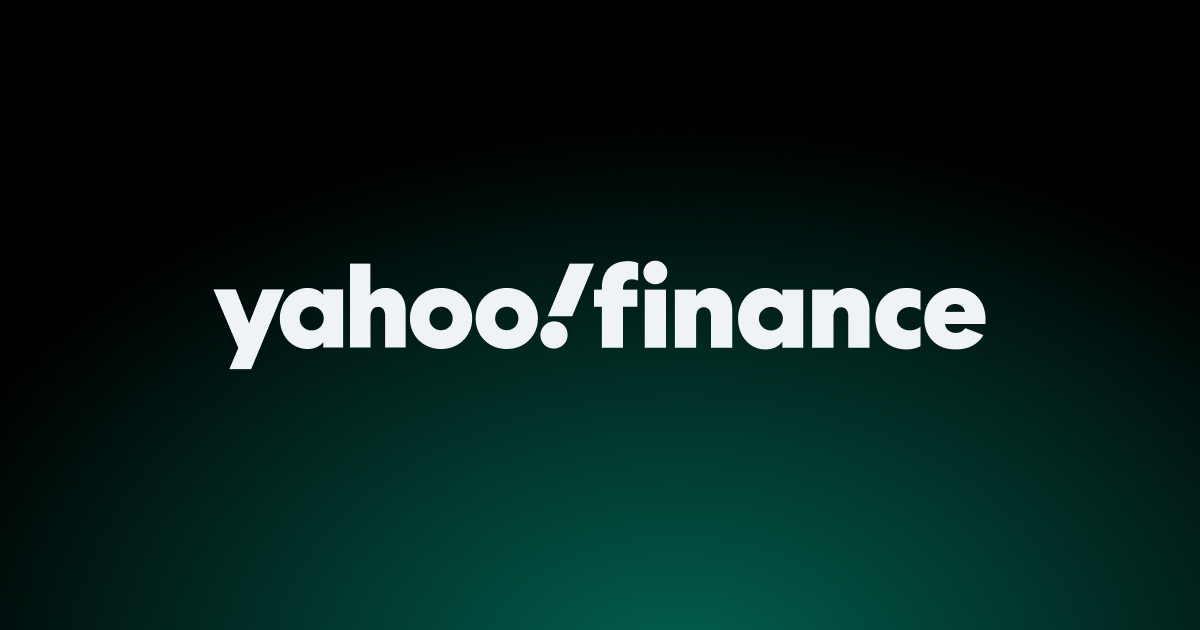SoftBank-backed Metropolis raises $1.6 billion to expand beyond AI-powered parking lots
By Krystal Hu
(Reuters) -Metropolis Technologies, a U.S. operator of parking lots that uses artificial intelligence and computer vision to recognize vehicles, has raised $1.6 billion in fresh capital to extend its technology into sectors such as retail, restaurants and gas stations, the company said on Thursday.
The funding includes a $500 million Series D equity round led by LionTree that valued the company at $5 billion. SoftBank Vision Fund, Vista Equity Partners, BDT & MSD Partners and Eldridge also participated in the round.
The Los Angeles-based company also secured a $1.1 billion syndicated term loan led by J.P. Morgan, backed by cash flows from its parking operations.
Chief Executive Alex Israel said in an interview that the new capital will be used to hire technical talent, accelerate product development, and deploy its recognition and payment-automation technology in new verticals, including drive-through restaurants, gas stations and hotels.
Israel said the goal is to create what he calls a “Recognition Economy,” where a customer’s identity or presence is enough to trigger a transaction, saving time.
Founded in 2017, Metropolis scaled rapidly through acquiring established businesses and integrating its technology, including the $1.5 billion take-private of parking services provider SP+ in 2024.
Earlier this year, it acquired SoftBank-backed biometrics and vision analytics firm Oosto for about $125 million.
Now one of the largest parking lot operators in the U.S., Metropolis runs more than 4,200 locations across 40 countries. The company says it processes about $5 billion in annual transactions from 50 million customers and is profitable.
Metropolis uses cameras and license plate readers to identify vehicles whose owners have opted into its system, allowing them to enter and exit parking lots without stopping to pay.
The company plans to sell the same technology to the hospitality industry to automate payments and check-ins, and charge the businesses through software subscriptions.
The company’s ambitions come as other retail automation efforts have faced challenges. Amazon, for instance, has scaled back its “Just Walk Out” checkout-free system in its Fresh grocery stores, citing cost and complexity, though it continues to license the technology to third parties.
(Reporting by Krystal Hu in San Francisco; Editing by Eileen Soreng)



Leave a Comment
Your email address will not be published. Required fields are marked *